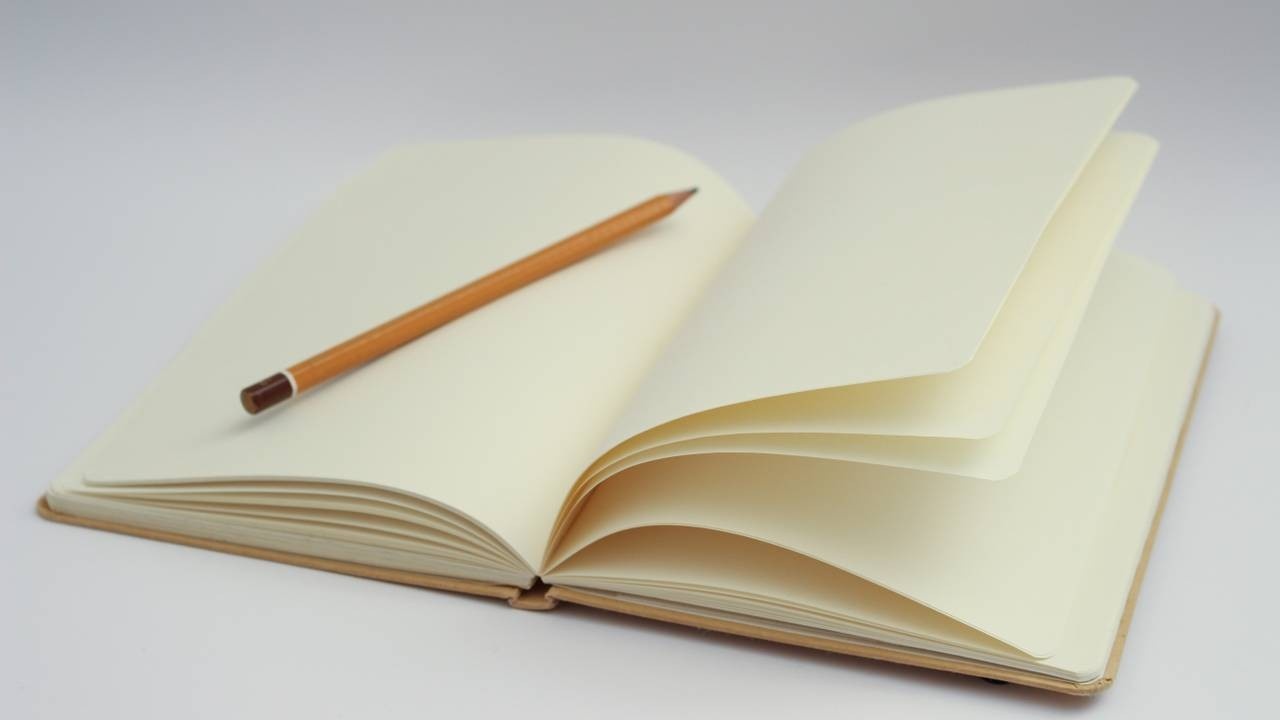The Importance of Food Journaling
Aug 03, 2022
When I mention food journaling, my patients’ and clients’ eyes often glaze over.
It can feel like an extra chore, but it forces you to pay attention. In the past, you may have used a food journal against yourself, but now you should start to look at your journal with curiosity, compassion, and awareness.
A food journal creates consciousness and awareness of your daily food consumption. It is not intended to be self-critical, but rather a powerful tool.
Start by writing down everything that you put into your mouth and eat. This includes gum, mints, drinks, and small bites, as well as meals and snacks. I recommend writing down the time you consumed it and how you were feeling as well.
You can keep a small notebook or use the notes app on your phone; find something that is portable and easy. Some people like using apps like MyFitnessPal or Carb Manager, but others find these to be extra work. The key is finding what works best for you.
It is important that you identify not only what you are eating, but also whether or not you were hungry when you ate. Most people aren’t aware of how often they eat when they aren’t truly hungry. This is called “fog” eating.
It is also important to log your food in real time so that you can be as specific as possible and capture how you feel. A food journal will provide valuable information about not only what you are eating, but it also allows awareness about when you eat, why you eat, and how certain foods make you feel. My patients and clients who have the most success with sustained weight loss keep a food journal.

